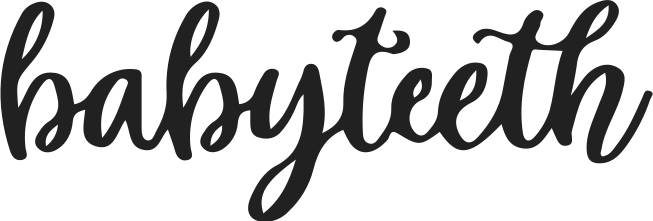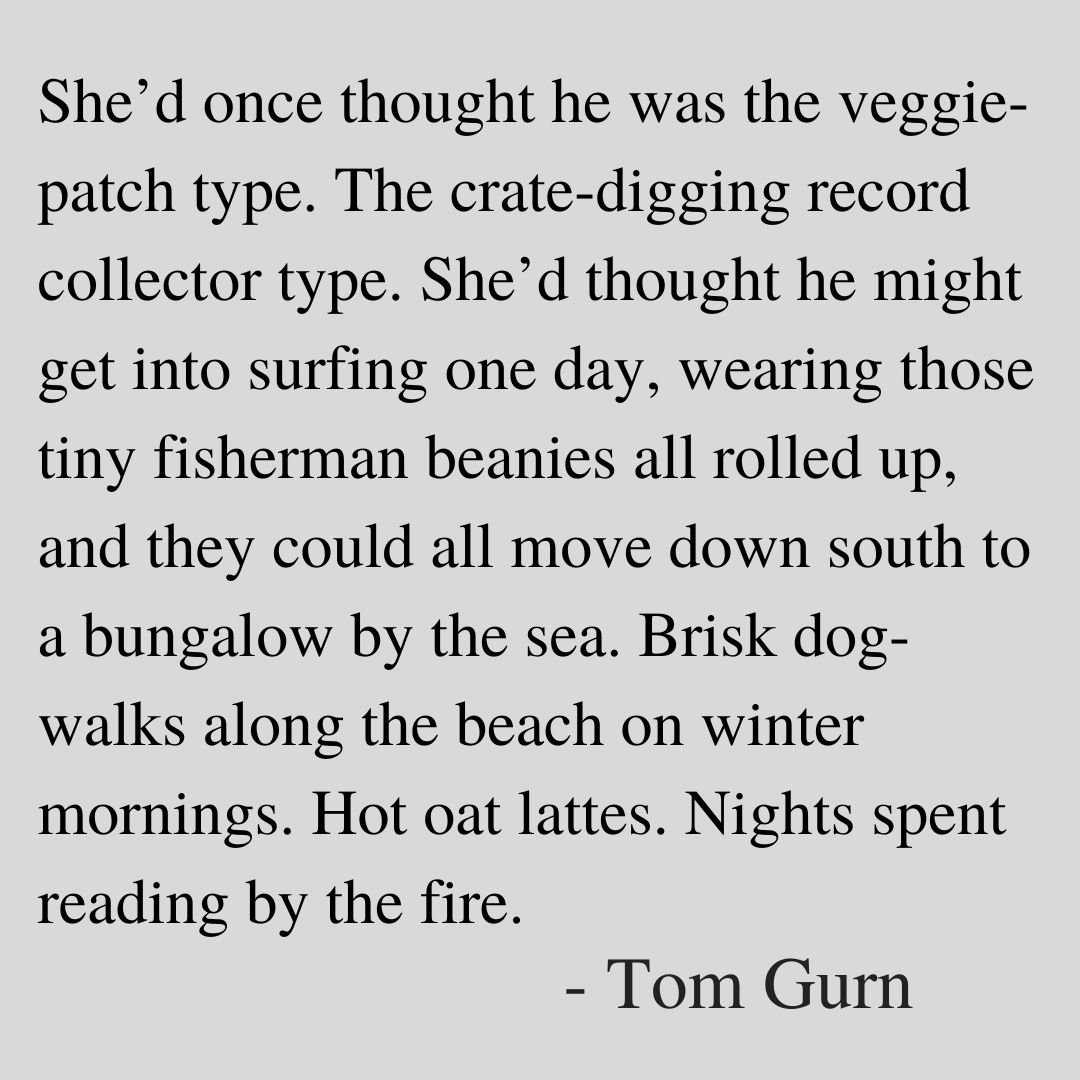Scales & Oranges and Mandarins by Clea McEwan
Scales
The day I saw Mia down at the headland, I was standing at the water’s edge imagining I was drowning. Not in a weird way, you know. Not in a psycho way. I don’t imagine myself drowning every time I have a bath, or get into a swimming pool. I just sometimes, on blue- grey afternoons like this one, like to come down to the beach and feel the tide suck the sand from underneath my feet, and imagine that I’m underneath the water and the moon is all I have to answer to. I think it would be comforting more than anything. Sometimes it’s so real I can almost feel the water in my lungs, but not in a bad way. Not like I can’t breathe, just that I don’t have to. I like how overwhelming it is if I really let my mind stretch into it, the weight and the depth and the space of the ocean pressing in on me. I’m a part of it, and nothing I do can change anything.
Even when I was a kid, I thought about drowning. I used to have a trampoline in the back yard, a big rectangle one with rusty springs that left streaks of black like tyre tracks up your legs. I liked to lie on my back, in the late afternoon or early morning, and stare up, imagining that I was deep underwater and if I looked up far enough I’d see sunlight breaking through the surface.
Sometimes I pretended I was a mermaid, lying on the trampoline like it was the ocean floor, hair drifting in the current, fish weaving between my fingers. I looked at my legs and saw the blue-green glitter of scales shifting in the underwater sunlight. Sometimes I felt like I could swim up into the sky if I wanted to.
Mia was usually with me on the trampoline. When we were very little, we both pretended we were mermaids, one of us jumping as hard as we could to launch the other into the air, so that for a few weightless seconds we really were swimming through the sky. When we got a bit older, the trampoline was where we lay to stare up at the clouds and think, although our trains of thought always ran on very different tracks.
“I think I have Tourette’s syndrome.” Mia said, one afternoon. I resurfaced, tail falling away like sinking glitter as I let the sky flip itself back into place. I looked over at her.
“What do you mean?” I asked.
“It’s a disorder,” said Mia proudly, pushing red hair out of her eyes, “that means you twitch and you say funny things and you can’t help it, and I think I have it because of that thing I do with my hands.”
She did it to demonstrate, clasping her hands in front of her chest and staring down at them. It was something I saw her do all the time, especially if she was excited. She squeezed her hands and stared at them so hard it made her eyes cross and her whole body shake, a kind of shudder that came from inside her and had to fight its way out.
“I know what Tourette’s is.” I lied, watching her. “I mean, how do you know that’s why you do it and it’s not because of something else?”
“Well, dad thinks I just have anxiety, but I saw a TV show on Tourette’s and I’m almost definitely sure that’s what it is.” She stretched her arms up above her, gazing at her hands outlined against the sky.
Mia’s habit of diagnosing herself stuck with her as we grew up. She had everything from Tourette’s to borderline personality disorder, but she never went to see anyone about it. I didn’t know whether she was afraid her theories would be confirmed, or afraid they’d be disproved. I heard that she started taking anxiety medication this year though, so maybe her dad was right. I wouldn’t know. We stopped talking in June and we graduated three weeks ago, in November. I started thinking about drowning a lot more often this year.
Oranges and Mandarins
I used to peel oranges like mandarins. When I was a kid, no knife, nothing, just my fingers digging through the skin and prying it away. It’s not easy. Mandarins are made to be peeled, the skin falls right off like it was never there. Sometimes you can get it off in one piece, a perfect shell of the fruit in your hand. But orange peel is thick. It clings. It gets under your fingernails and stains your fingertips yellow and sour. You have to claw at it. You have to scrape.
Last summer, I started hanging out with Kero and his mates down at the skatepark, by the mouth of the river. Everyone called him Kero. Some story from a party in year ten, a yardie out behind someone’s house. A bonfire, a gallon of kerosene. No one ever called him his real name, but it was Dylan Kernaghan, and when we were in primary school he told our teacher that she was a bitch and then cried when she asked him if he knew what that meant.
I knew him, but I didn’t know him. I sat behind him in assembly and watched his shoulders and the back of his head, but I didn’t talk to him until Kyle S’s party, last summer after I started rolling the top of my school skirt to make it shorter and wearing black nail polish even though I got detention for it. My parents let me go to the party, if I promised I wouldn’t drink, but someone handed me a half-empty double black and I thought, surely this won’t matter. It wasn’t even full.
Later, I ended up slumped on the couch next to Kero. We were in Kyle S’s living room, it was a dancefloor but the music was all bass and the people were moving slow and heavy around us. There were four of us squashed onto the three-person couch. I don’t remember who the other two were. I just remember Kero’s hip pressed against mine and his mouth against my ear, saying we should hang out some time.
So I started going down to the river. We always went at night, down to the mouth with its lip of gritty brown sand where the river opened yawning into the sea. It smelled of salt and starlight by the water, thick and cool in the dark. Everything had an outline. If you stood on the sand dunes and faced the water, space opened up in front of you and the only light came from the moon and the tiny pale ghost-crabs reflecting its glow. They scurried over the wet sand like falling stars, blinking in and out as they sifted through the sediment to collect food in their claws. I liked the ghost-crabs. I liked their small lives. The boys liked to chase the crabs and step on them as they ran. They killed them right in front of their burrows.
“Got him!” someone would shout, stamping in the sand.
“Did you hear that? It fully exploded.” The others laughed, shouted back, wild with the thought of dealing death in every footprint. I saw their teeth bared through the dark. I stood in the dunes and laughed with them. Sometimes Kero would hang back and stand with me. Sometimes I would shift closer so our elbows brushed when we moved.
Once the beach became a graveyard and the ghost-crabs learned to hide, we’d go to the skatepark, following the bike trail up behind the mangroves. The breeze off the river got trapped in the trees, and the skatepark was always still and humid and smelled like mud. The boys skated, scuffed their feet, clanged metal, blurs in the dark against the pale concrete. I sat stiff at the top of the half pipe, sucked and squeezed and crossed and pressed in my shortest skirt, the one that made mum’s lips tight and dad’s eyebrows wrinkle. Kero sat next to me. Like at the party, his hip touched mine, warm. It made me jump when he moved. He put his arm around my waist. I breathed in and sat straighter. Stretched out the rolls, stretched out the creases. Smooth. I didn’t look at him, but I could see him. He wasn’t looking at me. We were close enough to kiss, if he turned his head. If we just faced each other. I could see his chest move as he breathed. His Adam’s apple caught the light as it bobbed in his throat. I thought he was about to turn to me. Say something. Kiss me.
Then his hand slid up my side. Worked under the edge of my tank top. All the feeling flooded out of my body like a shiver, cold except for the heat of the hand that grabbed at me. It was a little hot scurrying animal, moving and pressing and biting. I could feel his fingernails. There was one streetlight illuminating the skatepark but we were outside the circle of light, looking in. I was just a set of disembodied eyes. I was just a vacant body in the dark.
At the end of the summer, I started peeling oranges like mandarins again. It’s impossible to peel an orange perfectly with your fingers, there’s always patches of spongy white clinging in some places; in others, gaping orange wounds where my fingernails claw too hard. I imagine that the orange is me, that the ragged strips of skin are the ghost-crabs, the skatepark, Kero’s hands in the dark. But even though I stopped going to the skatepark, stopped letting myself be a body in the dark, the feeling is still there like orange peel, clinging to me.
For more from Clea follow her on Instagram.
Executive Producers
Sue White
Daniel Henson
Karolina Ristevski






